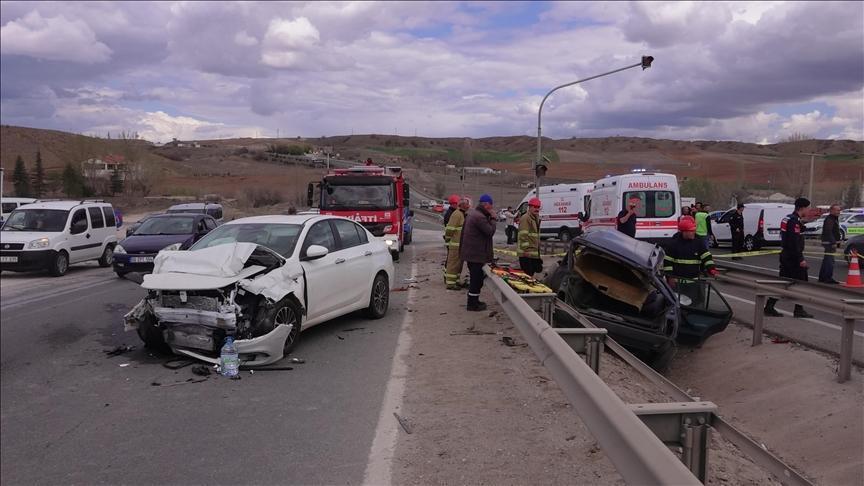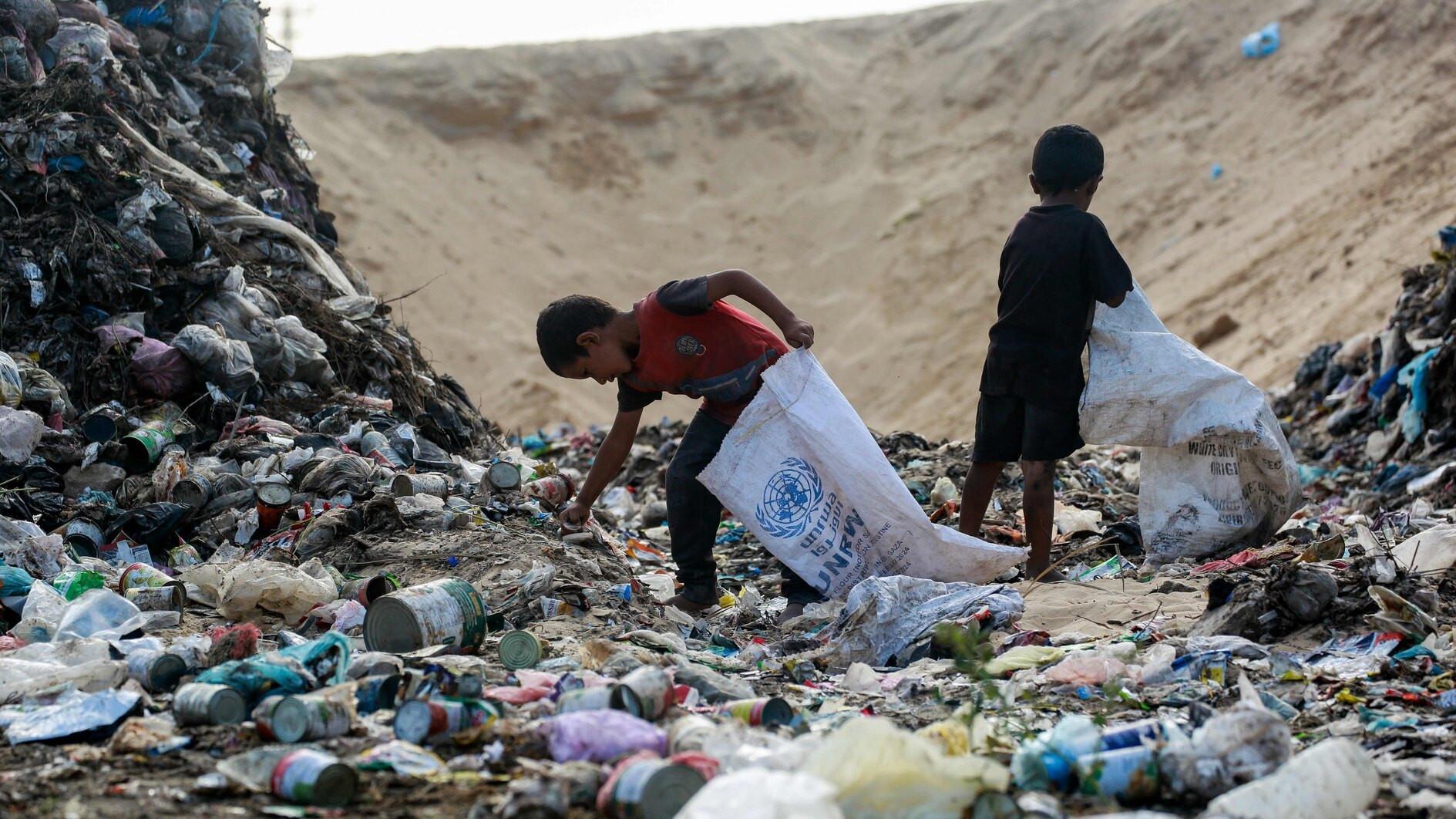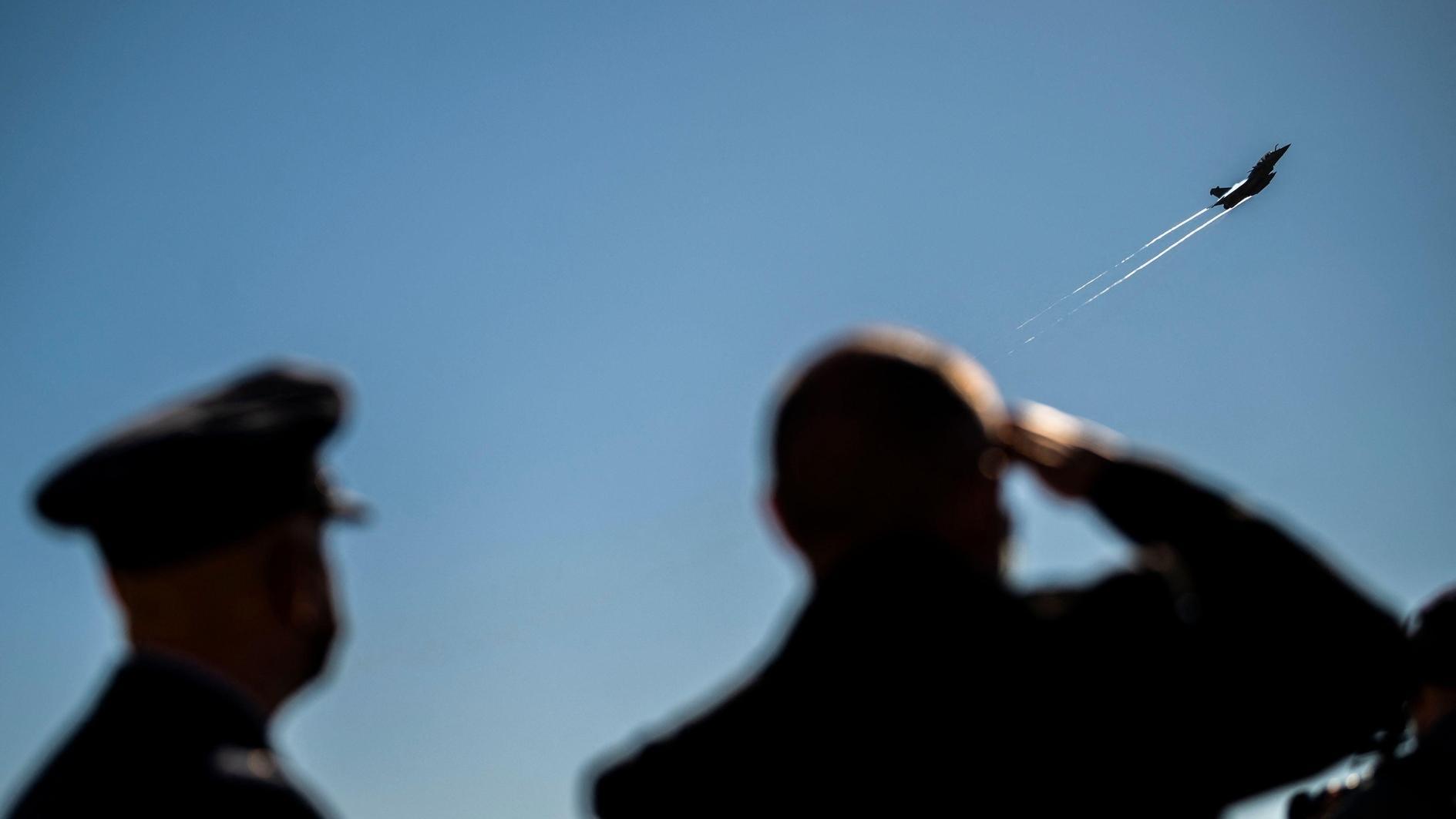Getting the new Turkey right
ELDAR MAMEDOV
The debate over Turkey being a potential model for combining democracy and Islam is gaining urgency, especially in light of the Arab Spring. So it is a good time to look at how Turkey’s recent transformation came about and whether Turkey’s experience can be relevant to the countries in the Middle East.This is precisely what a new book by Jenny White, an American anthropologist, does. White, a fluent Turkish speaker, has been a regular visitor and an occasional resident in the country since the 1970s. She also runs a highly informative blog on Turkey.
In her book “Muslim Nationalism and the New Turks” White traces the emergence of the “new Turks” - pious Muslims who are at ease with both Islam and globalization. Turkey’s integration into the world economy and the EU-driven reforms that have chipped away at the power of the staunchly secularist military has enabled these “new Turks” to challenge the entrenched Kemalist elites. Yet, despite their outward differences, White shows how both “old” and “new” Turks share a lot of common traits, such as intense nationalism, authoritarianism, scant regard for pluralism, selective approach to individual freedoms and a preferred subordinate role of women. This is a refreshing analysis, since many foreign observers of Turkey tend to romanticize the side they sympathize with.
White also makes an intriguing suggestion that Turkey’s new model of “cultural Muslimhood,” as opposed to both strictly Kemalist and Islamist models, could inspire Arab youth in countries like Egypt and Tunisia as they struggle to reconcile democracy and Islam. This may well be the case, but there is a problem with the “Muslimhood” model which White does not address sufficiently: it has little to say to those outside the Sunni Muslim mainstream: secular liberals, progressive women and minorities.
The book’s strengths notwithstanding, it has some flaws. White notes, correctly, that both the “Islamic” and the “secular” camps are tormented by internal contradictions. But she does a better job in dissecting those in the Islamic camp. The secularists, by contrast, come across as a monolithic block obsessed with cultural and racial purity, paranoid about any public expressions of Islam. Her treatment of the Republican rallies in 2007 is a case in point. It is true, as White notes, that some participants asked for the army to intervene against the ruling pro-Islamic Justice and Development Party (AKP). But she fails to mention that these calls were heavily criticized by other participants. In fact, “no coup, no sharia” was the main leitmotif of those meetings. What drove most rally participants were genuine fears about the rising pressure to conform to the conservative Islamic norms, such as wearing the headscarf.
On these fears, White draws parallels with France. She extensively quotes the American scholar Joan Wallach Scott, according to whom the French decision to ban headscarves at schools is a demonstration of racism and inability to accept the difference. In the same vein, White interprets the Kemalist rejection of the headscarf as an attempt to preserve the purity of the Republic from the un-Turkish (read Arab and Iranian) pollution. In reality, however, the French ban on headscarves had nothing to do with racism. It was enacted because Muslim girls who refused to wear headscarves were targets of intense harassment, insults and sometimes violence to compel them to wear the veil. In Turkey as well, in some areas there is a pervasive pressure by the Islamic networks on women to don the veil. It is only natural that secular women (by no means are all of them staunch Kemalists) should feel concerned about the rise of these networks to power, unopposed by, and indeed often in alliance with the AKP. This seems to be a more plausible explanation to the intense fear of the headscarf among secularists than the concerns about the cultural purity implied by White.
Overall, despite its flaws, this is a good book worth reading by those concerned with Turkey and broader issues of democratic transitions in the Muslim world.
*Eldar Mamedov is a political adviser to the Socialists & Democrats Group in the European Parliament, who writes in his personal capacity.











